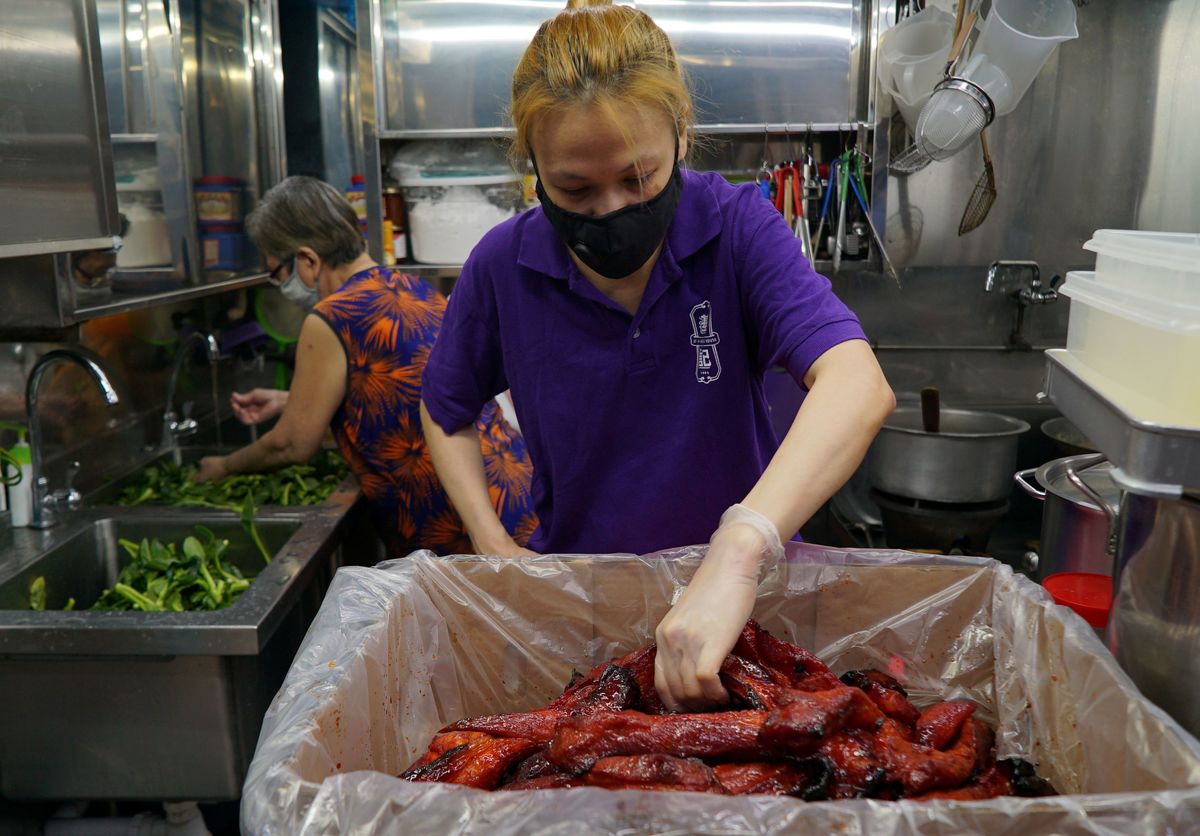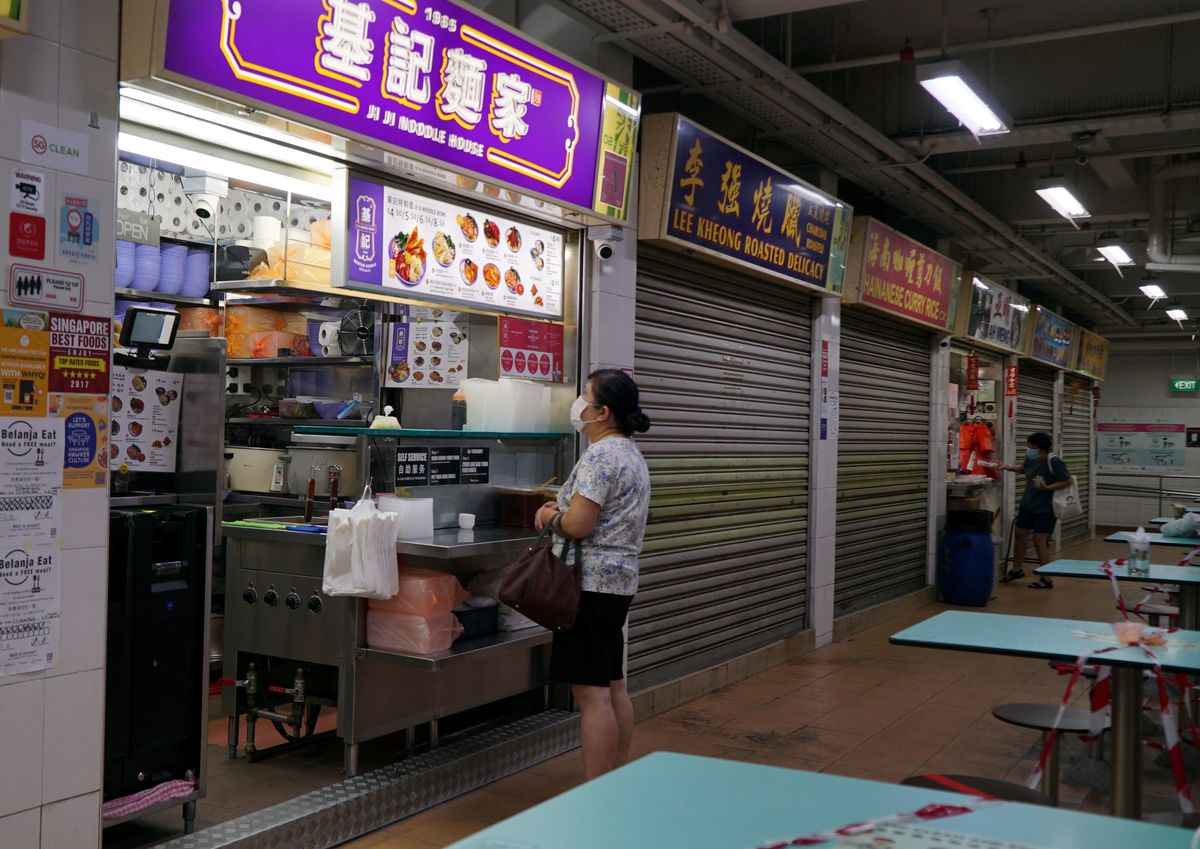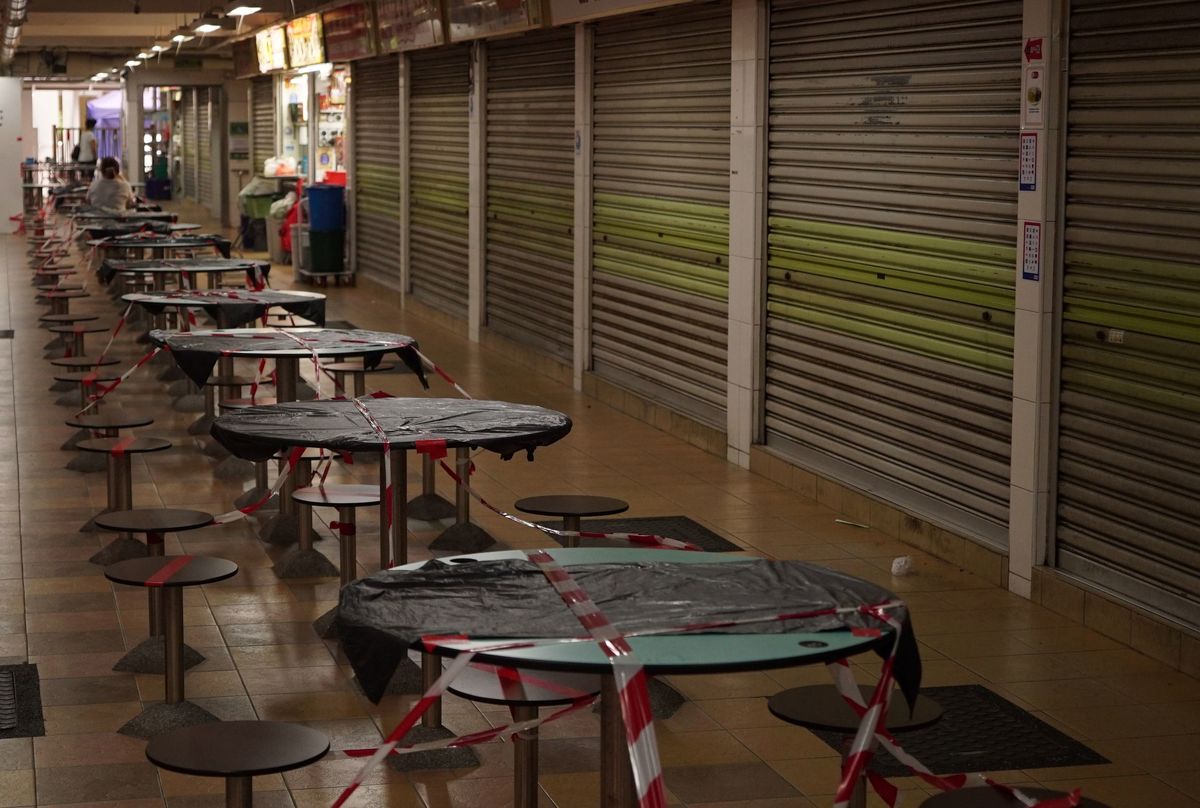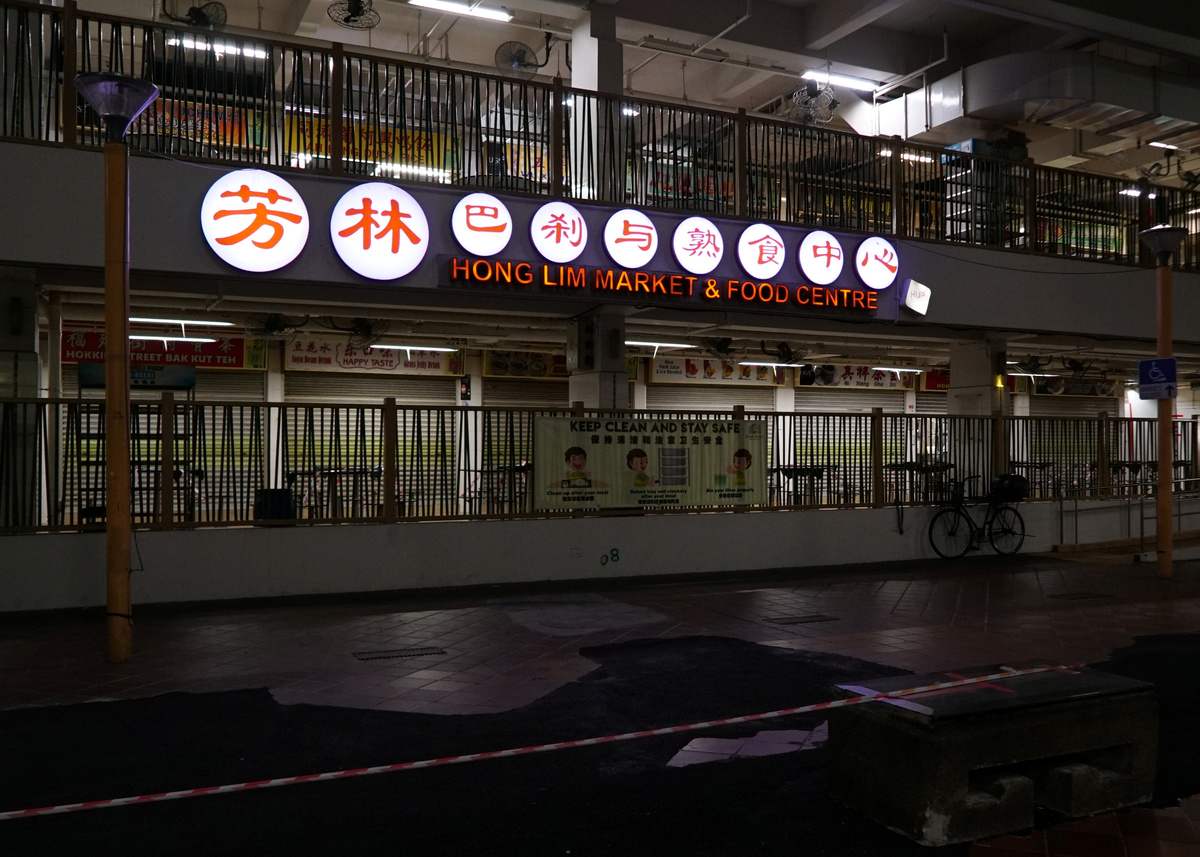
Kristen Choong had accepted her family's decades-old noodle stall in Singapore would likely fold when she retires.
Now, battling a 90% drop in business due to the coronavirus pandemic, she is constantly having to reassure customers that the stall will survive the next few months.

"I really have (to) tell people, we're still here. If we weren't then it would be tragic...We'll do our best to keep going," said 45-year old Choong, who runs the Ji Ji Noodle House with her ageing mother.
Government orders last month for people to stay home to curb the disease abruptly halted a Singapore tradition of eating out at its more than 100 hawker centres - sprawling food courts serving up cheap regional cuisine.
This hawker culture - which has given rise to the world's cheapest Michelin-starred meals and been featured in movies like 'Crazy Rich Asians' - is being considered for UNESCO status.

Ji Ji was started by Choong's grandfather from a pushcart before it moved into Hong Lim Market in the 1970s when the government first built hawker centres to clean up the island. The stall features in Michelin's Singapore food guide.
Choong said she has been given a three-month rent waiver from the government during the lockdown, and, like many others, has started food delivery to keep business going.
Even before the pandemic, Singapore's hawkers faced a problem. Many are getting older and their better-educated sons and daughters are shunning cramped, sweaty kitchens for office jobs.

Choong took over from her mother, Lai Yau Kiew, but she said "no one wants to inherit" such a labour intensive job that involves boiling and frying wontons, vegetables, meat and noodles from 5am to 10pm every day.
"My heart tells me to just take it one day at a time," said Lai, 69, who comes by the stall every day to help her daughter.
(Reporting by Joseph Campbell; Editing by John Geddie)







